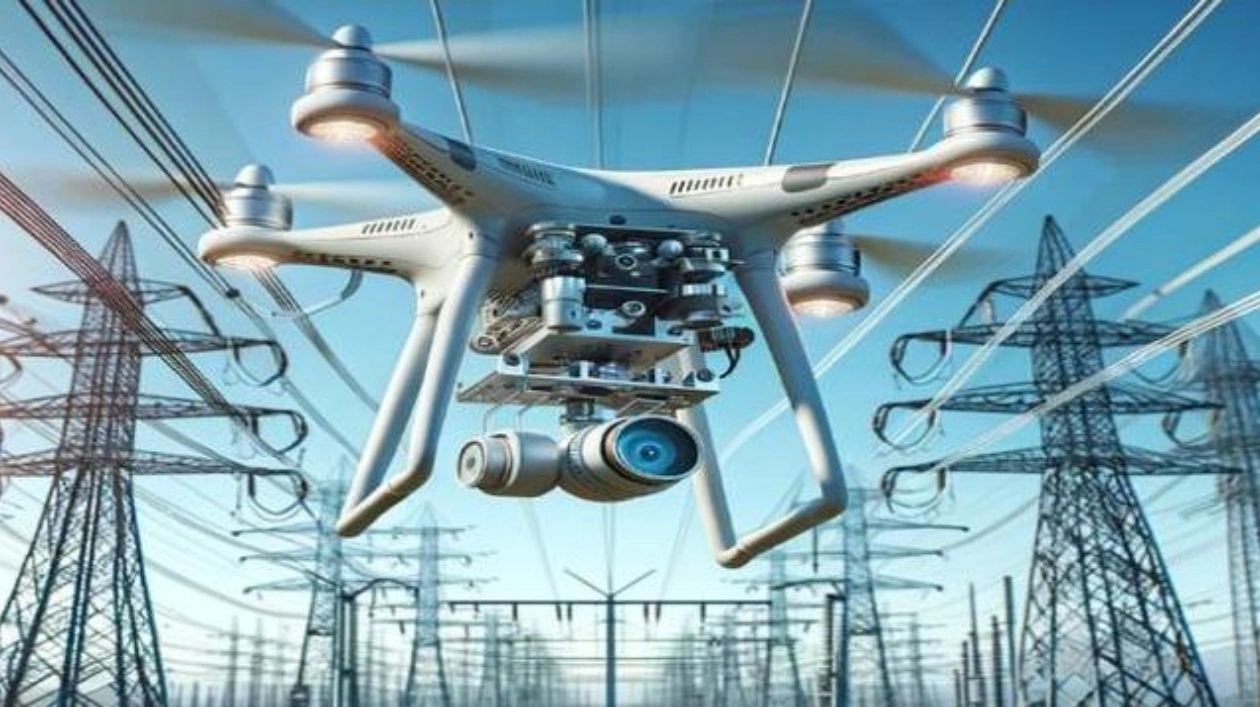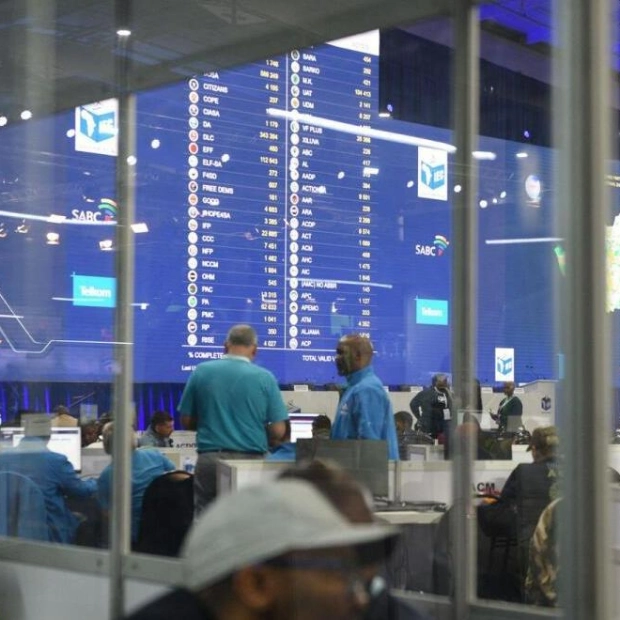JEDDAH: Drone technology is emerging as a central pillar of Saudi Arabia’s push toward economic diversification, as the Kingdom leverages its Vision 2030 initiative to foster innovation across key industries.
From construction and oil to logistics and agriculture, drones are not only enhancing operational efficiency but are also central to achieving sustainability goals.
With strong government backing, the drone market in Saudi Arabia is poised for significant growth. Strategic investments and regulatory reforms are providing a conducive environment for drone technology, positioning the Kingdom as a regional leader in aerial innovation.
Rabih Bou Rached, founder and CEO of Dubai-based Falcon Eye Drones, a leader in Middle Eastern drone operations, emphasized that the unmanned aircraft are essential for Vision 2030, particularly in revitalizing industries, boosting operational efficiency and meeting sustainability objectives.
“The Saudi government’s commitment to technology adoption and strategic investments is facilitating drone integration across various sectors, creating new opportunities and innovations,” he said.
The drone sector is growing rapidly, supported by regulatory advancements and increasing demand from multiple industries. He cited a MarketsandMarkets report forecasting that the Middle East drone market would reach $5.54 billion by 2025, with Saudi Arabia driving much of this growth.
The report attributes this to sectors like construction, oil and gas, agriculture and logistics, which are leveraging drone technology to enhance productivity and reduce costs.
In construction, drones are revolutionizing project management and site inspections. Bou Rached said the Saudi construction market, valued at $70.33 billion in 2024, was set to grow to $91.36 billion by 2029, with drones playing a key role in driving efficiency.
In the oil and gas sector, drones are used for inspection, monitoring and maintenance, helping reduce costs and improve safety by minimizing human intervention in hazardous environments.
Despite the rapid growth, regulatory challenges persist. Bou Rached pointed out that while Saudi Arabia has made significant strides in developing drone-friendly regulations, there are still areas for improvement.
The General Authority of Civil Aviation is revising regulations to balance safety and innovation, with new efforts to streamline licensing and create clearer guidelines for commercial drone operations.
The integration of drones is expected to spur job creation and skills development, particularly in fields such as manufacturing, maintenance and data analysis.
Bou Rached foresees increased educational opportunities as universities offer programs focused on drone technology, robotics and artificial intelligence: “This technology is poised to be a catalyst for job creation and skills development,” he said.
Alhussain Al-Hazmi, CEO of Riyadh-based Lensic Drone Solutions, echoed Bou Rached’s optimism and highlighted the rapid adoption of drones across various sectors in Saudi Arabia.
“Drone technology is playing a vital role in helping Saudi Arabia achieve its Vision 2030 goals, particularly in driving economic diversification and enhancing efficiency across key sectors,” Al-Hazmi said.
Despite the excitement surrounding drone technology, regulatory hurdles persist. Alhazmi pointed out that the approval process for drone operations, especially for advanced or heavy drones, can be cumbersome.
However, Al-Hazmi sees promise in the government’s ongoing efforts to streamline regulatory frameworks and foster collaboration with the private sector.
As Saudi Arabia moves toward its Vision 2030 objectives, drones are becoming a driving force for innovation and efficiency across key sectors. While challenges remain, the Kingdom’s commitment to developing a drone-friendly regulatory environment and fostering private-sector collaboration signals a promising future for the industry.
Both Bou Rached and Alhazmi are confident Saudi Arabia’s drone industry is poised for rapid growth, with the potential to lead not only in the Middle East but globally.
“The next decade could see drones becoming an integral part of key industries and economic evolution in Saudi Arabia,” Bou Rached said.
With continued regulatory reforms and strategic investments, Saudi Arabia is well-positioned to harness the full potential of drone technology as a key enabler of Vision 2030’s economic transformation.
Source link: https://www.arabnews.com






